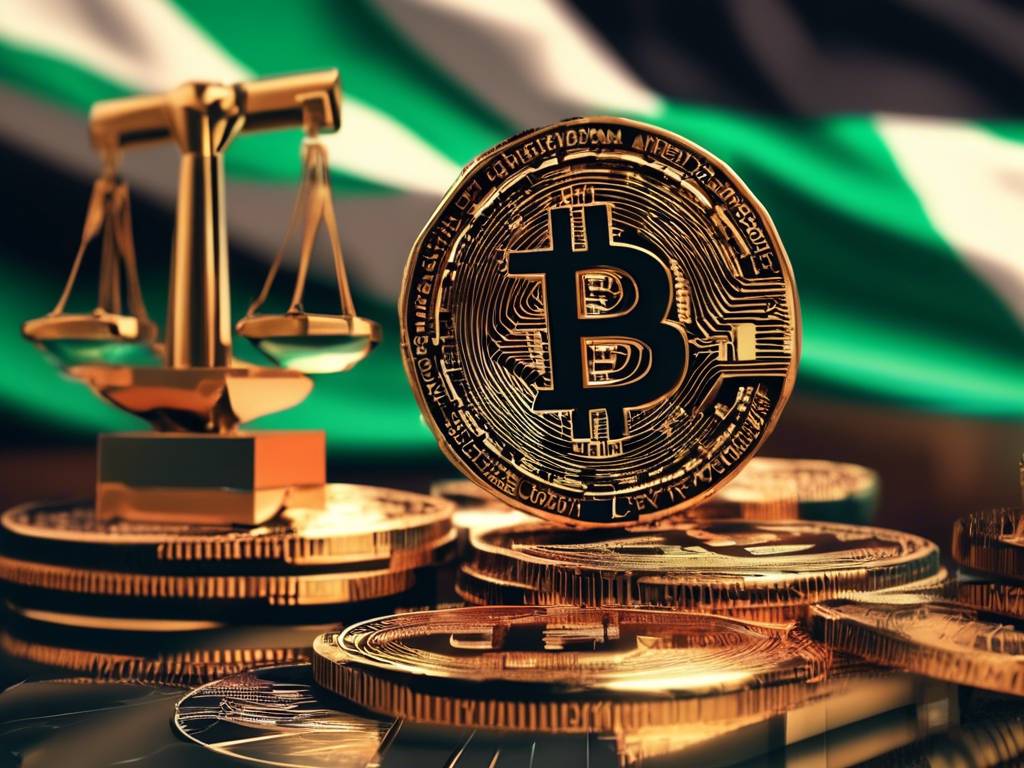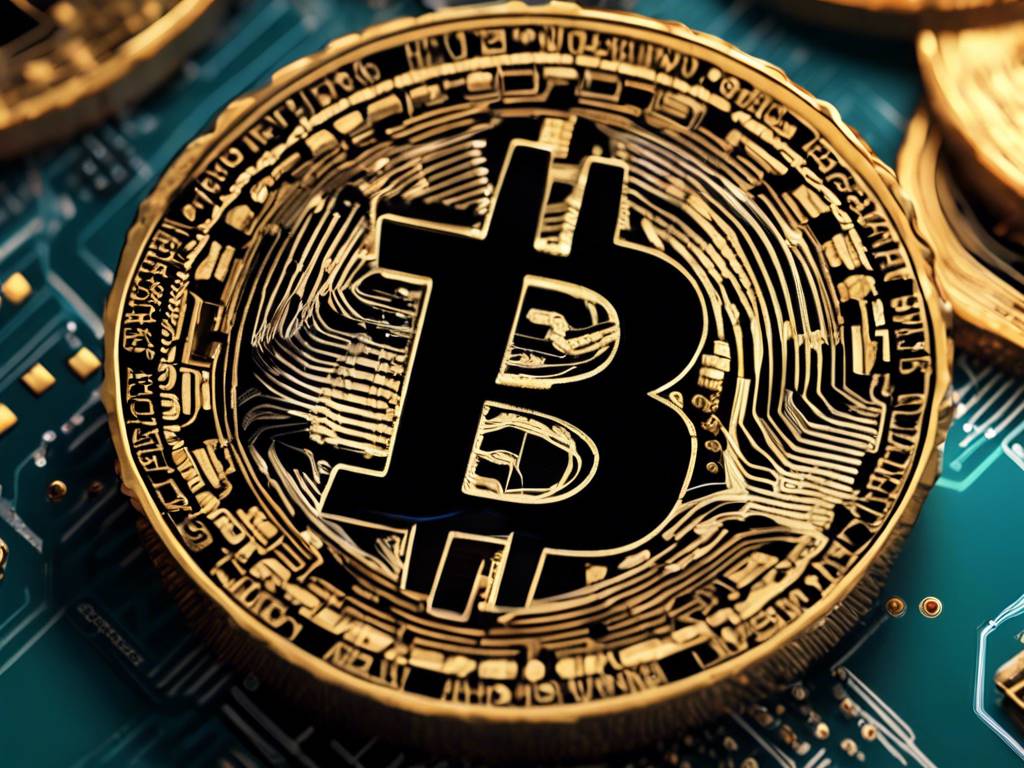The Battle Over Crypto Regulation in Nigeria: What You Need to Know
Recently, the Central Bank of Nigeria (CBN) stirred controversy with its new directive on crypto regulation, sparking mixed reactions from industry insiders. The directive mandates all banks and financial institutions to identify individuals or entities conducting transactions with cryptocurrency exchanges, imposing a Post No Debit (PND) instruction on them for six months.
Divergent Views on Crypto Regulation in Nigeria
- The PND instruction restricts account holders from making debit transactions, effectively freezing their funds for the specified duration, a move aimed at curbing cryptocurrency transactions, particularly those using peer-to-peer (P2P) methods.
- The CBN argues that P2P transactions could fuel illegal activities, such as unregulated buying and selling of USDT (Tether).
Interestingly, the CBN’s recent circular contradicts previous policies. It revoked a ban on banks facilitating transactions for cryptocurrency exchanges in December 2023, a restriction that had been in place for almost two years.
However, the significant devaluation of the local currency, the naira, coupled with an alarming 29.9% inflation rate, compelled the government to reassess its stance on crypto platforms. The CBN has even gone as far as blocking websites associated with cryptocurrency trading, as they were setting informal valuations for the naira, posing a threat to financial stability.
The Binance Conundrum in Nigeria
- A prime example of the ongoing tensions is the case of Binance, a major global cryptocurrency exchange under heavy scrutiny by the CBN. The Central Bank expressed concerns about suspicious financial transactions allegedly conducted through Binance Nigeria in 2023.
- Olayemi Cardoso, the CBN chief, revealed that around $26 billion flowed through Nigeria via Binance that year, originating from unidentified sources and users.
- The Binance executive, Tigran Gambaryan in the US, is currently detained in Nigeria facing five charges related to money laundering after meetings with Nigerian officials on regulatory compliance.
Facing mounting criticism and accusations of unwarranted account freezes related to cryptocurrencies, the CBN has publicly refuted such claims, citing the necessity to safeguard the Nigerian financial system’s integrity and thwart illicit activities masquerading behind crypto transactions.
Concluding Thoughts on Crypto Regulation in Nigeria
The Nigerian scenario mirrors a broader global dilemma faced by governments – how to harness the opportunities presented by cryptocurrencies while mitigating financial and criminal risks.
The recent directive and freezing of suspicious accounts signal Nigeria’s cautious and stringent approach, prompting concerns about its impact on legitimate users and the future of crypto trading in the country. The evolution of these policies holds immense significance not just for investors and operators in the crypto sector but also for Nigeria’s standing in the global financial arena.
Hot Take: Your Role in Shaping Crypto Regulation in Nigeria
As a crypto enthusiast, you play a pivotal role in influencing the future of crypto regulation in Nigeria. Stay informed, engage with policymakers, and advocate for balanced regulations that foster innovation while addressing potential risks. Your active participation can shape the regulatory landscape and ensure a vibrant and sustainable crypto ecosystem in Nigeria.





 By
By
 By
By
 By
By

